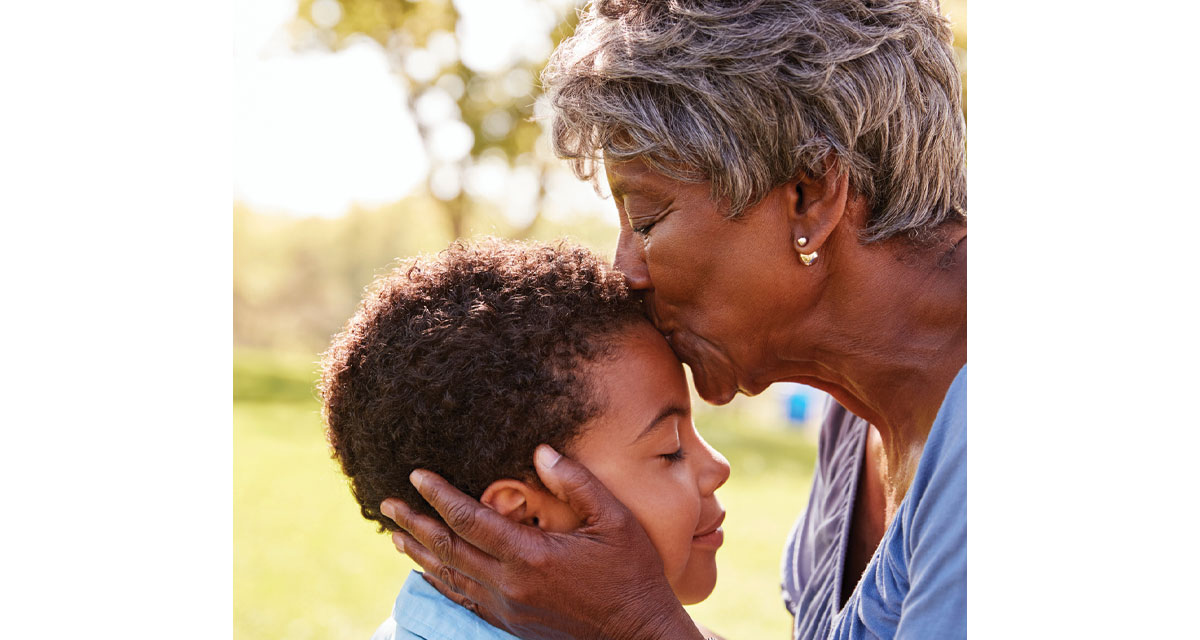Recently, I met a friend for lunch. She had arrived at the restaurant ahead of me and was in a conversation with another couple. I didn’t know them, but introductions were made. After a few minutes, my friend and I moved on to our table. While waiting for our food to come, she began to tell me about the couple I had just met.
A few months prior, their son announced he had decided to leave his wife. They were in shock as he and their daughter-in-law had what appeared to be a happy marriage. Her friends had hoped that with counseling, whatever their issues, they would be able to work through them. They were concerned for their grandchildren and the effect this was having on them. And, with that, what role they would have in their grandchildren’s lives.
That comment gave my friend pause. There seems to be a theory that children are resilient. While some are, lumping them all together in that category is less than accurate. A child’s age, personality, their perception of why their parents are divorcing, whether or not they feel the need to take sides, who’s at fault, all need to be a concern. Finding a therapist or counselor allows them to speak openly and honestly. Family counseling may also come into play once the children feel comfortable discussing their true feelings in their parents’ presence.
So, where do grandparents stand in this? Obviously, you want to be there for your grandchildren, but you must not show up acting upset at what is taking place. No matter what your opinion is of the circumstances, you should never take sides or make negative comments in front of them.
Children will feel easier about confiding in you if you let them talk without adding anything judgmental. Be a good listener by letting them talk without disregarding their feelings. Understand that their emotions may be all over the place. However, being disrespectful should not be tolerated. Never betray their trust by informing the parents of the information they have shared with you.
Separation and divorce can be a confusing time for children. One day, they have two parents living under one roof, and the next, one of them has moved out. Let them know they are loved unconditionally and that whatever they are feeling is normal. They may wish that their parents will get back together, and it’s important to acknowledge their feelings without giving them false hope.
Children may take this opportunity to see how much they can get away with, especially with grandparents who like to spoil them. Unconditional love does not mean letting them take advantage of the situation. If they have scheduled times for doing homework or going to bed, that needs to be enforced. Giving into their demands will not change what is happening, but it will make home life more difficult for the parent that is already facing enough changes when they have to hear, “Grandma didn’t make me do it!”
This doesn’t mean that you shouldn’t schedule some special times with them. Being with, listening to, showing that no matter what, you are always there for them will be the stability they need. Whether you spend a few hours, overnight or longer together will be good for all concerned. The parent who was used to having another adult helping out with the daily life of a household is now shouldering the responsibilities alone. Giving that parent a break will be good for all involved.
Probably the most important and best advice is to just give unconditional love. This is a heartbreaking time for most children. Knowing they have loving grandparents to turn to will help make the transition to a new normal much easier.























